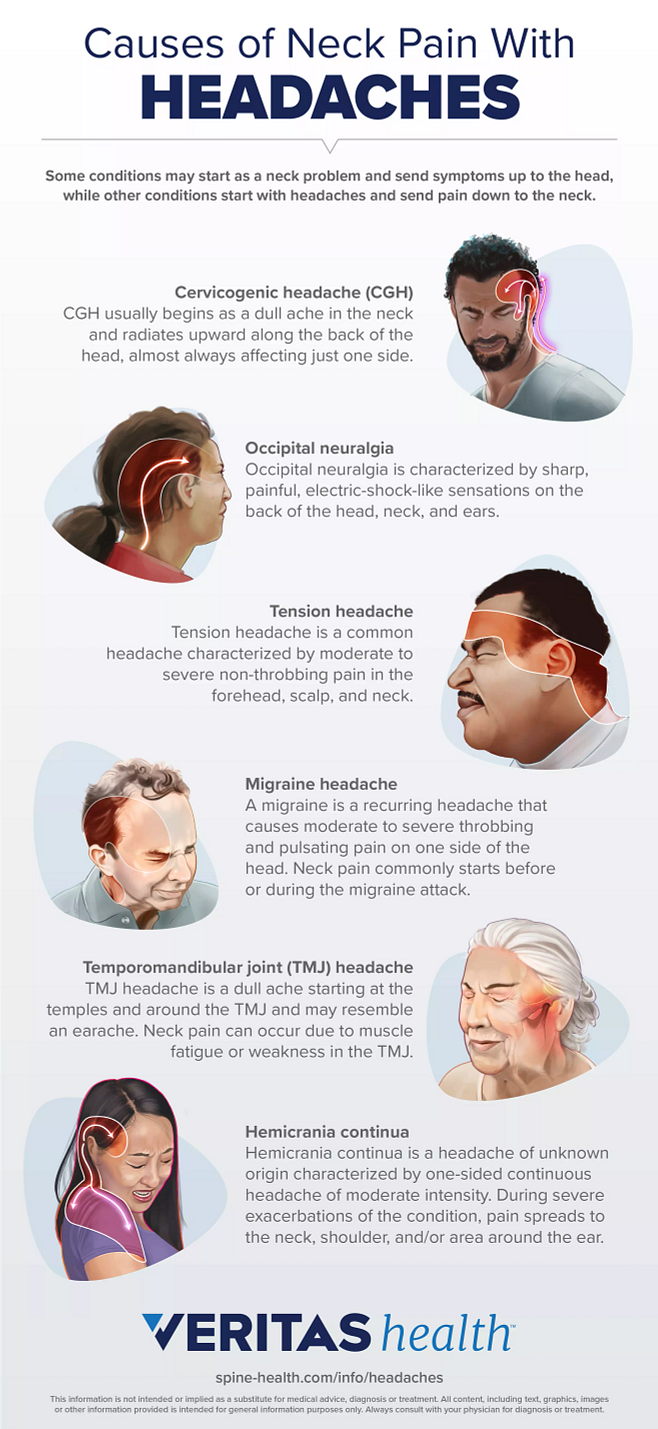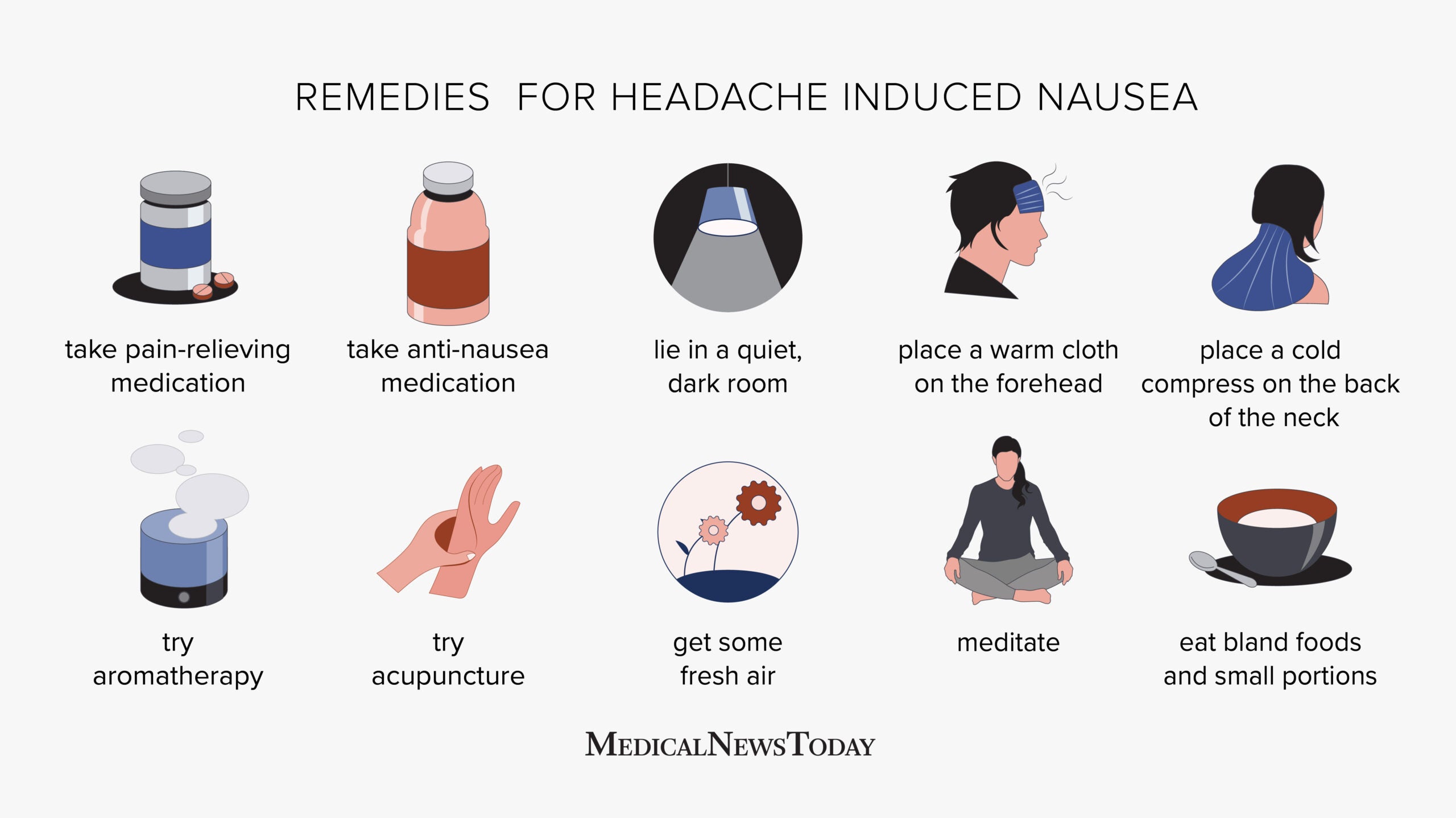Topic what is a cluster headache: Discover the world of cluster headaches: a unique and intense type of pain that demands understanding, empathy, and effective management strategies for those affected.
Table of Content
- How long does a cluster headache typically last?
- What Is a Cluster Headache?
- Signs and Symptoms of Cluster Headaches
- Causes and Risk Factors
- Diagnosis of Cluster Headaches
- Treatment Options for Cluster Headaches
- Managing and Preventing Cluster Headaches
- YOUTUBE: Cluster headaches - BBC News
- When to See a Doctor
- Living with Cluster Headaches: Patient Stories and Support Resources
- Research and Future Directions in Cluster Headache Treatment
- FAQs: Common Questions About Cluster Headaches Answered
How long does a cluster headache typically last?
A cluster headache typically lasts between 15 minutes and 3 hours.
READ MORE:
What Is a Cluster Headache?
Cluster headaches are a type of headache that is marked by severe, debilitating pain on one side of the head, often around the eye. They are called "cluster headaches" because they occur in groups, or clusters, over a period of weeks or months, followed by periods of remission when the headaches stop.
- Intensity and Duration: The pain from a cluster headache is intense, piercing, and can last from 15 minutes to 3 hours if untreated.
- Frequency: During a cluster period, headaches can occur one to three times per day, often at the same time of day.
- Symptoms: Symptoms include one-sided pain, red or tearing eye, nasal congestion, and restlessness.
- Unpredictable Episodes: Cluster headache periods can start suddenly, and the remission period between clusters can last for months or even years.
Cluster headaches are rare but have a significant impact on the quality of life for those affected. Understanding the nature of these headaches is the first step towards effective management and treatment.
:max_bytes(150000):strip_icc()/VWH-PaigeMcLaughlin-WhatisaClusterHeadache-Standard-87c962b6a28d4b1ab0359ed3ae5b696f.jpg)
Signs and Symptoms of Cluster Headaches
Cluster headaches are known for their distinct and aggressive symptoms, significantly differing from other types of headaches. Recognizing these signs early can aid in diagnosis and treatment.
- Excruciating Pain: The pain is usually localized around one eye or temple, described as sharp, burning, or piercing.
- One-sided Pain: Unlike migraines, cluster headaches typically affect only one side of the head.
- Autonomic Symptoms: Symptoms may include redness of the eye on the affected side, pupil constriction, drooping eyelid, nasal congestion, and runny nose.
- Restlessness: People experiencing a cluster headache often feel restless and unable to stay still during an attack.
- Attack Duration and Frequency: Attacks can last from 15 minutes to 3 hours and may occur up to several times a day during a cluster period.
- Periodicity: Symptoms typically occur in clusters lasting for weeks or months, followed by periods of remission.
Understanding these symptoms is crucial for those affected by cluster headaches, as early diagnosis and treatment can help manage the condition more effectively.
Causes and Risk Factors
The exact cause of cluster headaches remains largely unknown, but research suggests a combination of genetic and environmental factors play a role. Understanding the potential triggers and risk factors can help manage and possibly prevent attacks.
- Hypothalamus Involvement: Studies indicate the hypothalamus, a part of the brain that regulates biological rhythms including sleep, may be involved in triggering cluster periods.
- Genetic Predisposition: There is evidence suggesting cluster headaches may run in families, indicating a genetic component.
- Lifestyle and Environmental Triggers: Alcohol consumption, smoking, and certain odors can trigger cluster headache attacks in susceptible individuals.
- Sex and Age: Cluster headaches are more common in men than in women and typically start between the ages of 20 and 40.
- Changes in Sleep Patterns: Shift work or irregular sleep habits may trigger cluster headache periods.
- Seasonal Patterns: Some individuals experience cluster headaches in a seasonal pattern, which may relate to changes in daylight hours.
While the direct cause is not yet fully understood, identifying and managing risk factors can significantly aid those affected by cluster headaches.
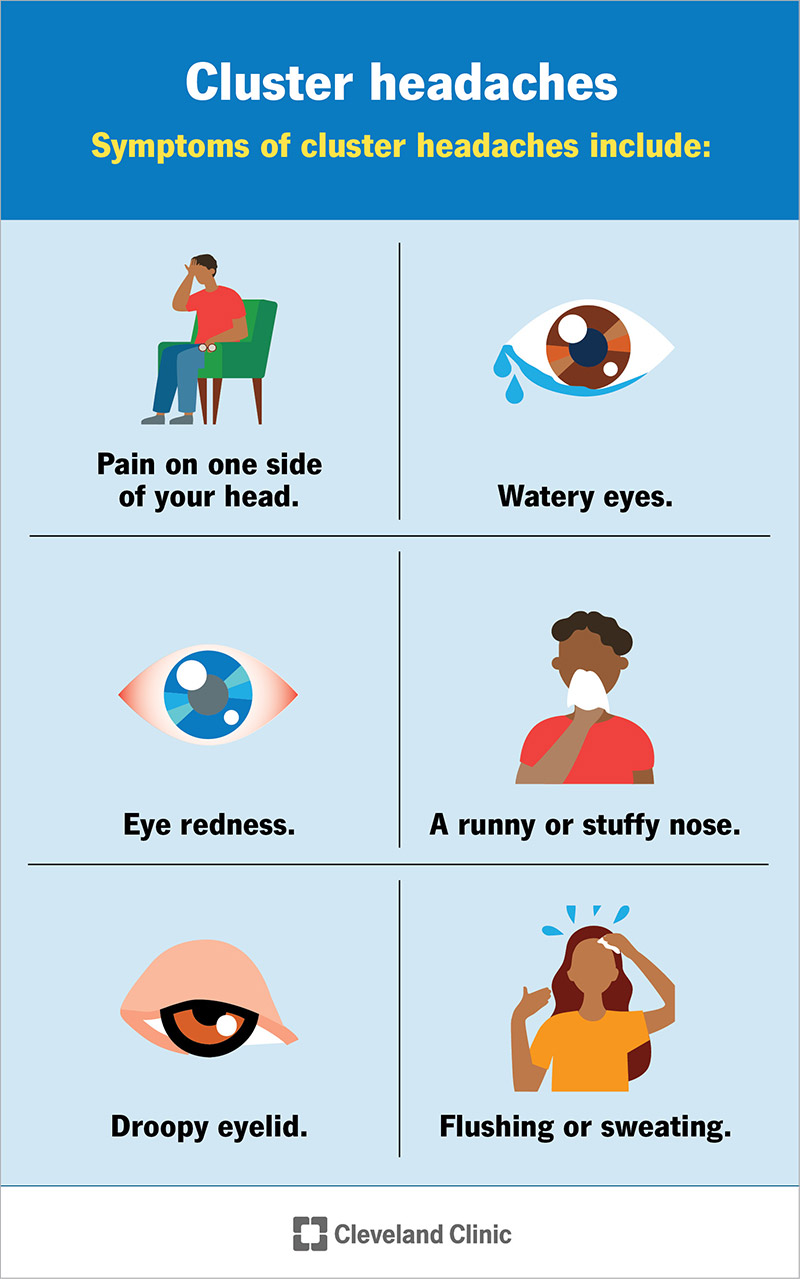
Diagnosis of Cluster Headaches
Diagnosing cluster headaches involves a detailed medical history and physical examination, along with specific diagnostic criteria to differentiate them from other types of headaches. The process is crucial for effective treatment.
- Medical History: A thorough discussion of symptoms, including their onset, duration, frequency, and characteristics of the pain.
- Physical Examination: An examination to rule out other conditions that could cause similar symptoms.
- Diagnostic Criteria: Adherence to the International Classification of Headache Disorders criteria, which requires at least five attacks of severe one-sided headache lasting 15-180 minutes when untreated.
- Imaging Tests: While not diagnostic for cluster headaches, MRI or CT scans can be used to exclude other causes of headache.
- Neurological Examination: To check for any signs of brain or nerve abnormalities that could be contributing to the headaches.
- Specialist Referral: Referral to a neurologist or headache specialist may be necessary for complex cases or to confirm a diagnosis.
Accurate diagnosis is essential for managing cluster headaches effectively, as it guides the selection of appropriate treatment strategies.
Treatment Options for Cluster Headaches
Treating cluster headaches focuses on reducing the severity of pain during attacks, shortening the headache period, and preventing future attacks. A combination of treatments may be necessary for effective management.
- Acute Treatments: Oxygen therapy, where pure oxygen is breathed through a mask, can provide rapid relief. Triptans, administered through nasal sprays or injections, are also effective in stopping headaches.
- Preventive Medications: These include calcium channel blockers, corticosteroids, and lithium, which are used to reduce the frequency and intensity of headache clusters.
- Transition Treatments: Short-term treatments like steroids can help transition from acute to preventive treatment strategies.
- Neuromodulation Techniques: For those who do not respond to medication, techniques such as occipital nerve stimulation or deep brain stimulation may offer relief.
- Lifestyle Adjustments: Avoiding known triggers, maintaining a regular sleep schedule, and reducing alcohol intake can help manage cluster headaches.
- Support and Counseling: Psychological support can be beneficial, as living with cluster headaches can be emotionally challenging.
Collaboration with healthcare providers to tailor the treatment plan to the individual"s needs is critical for the effective management of cluster headaches.
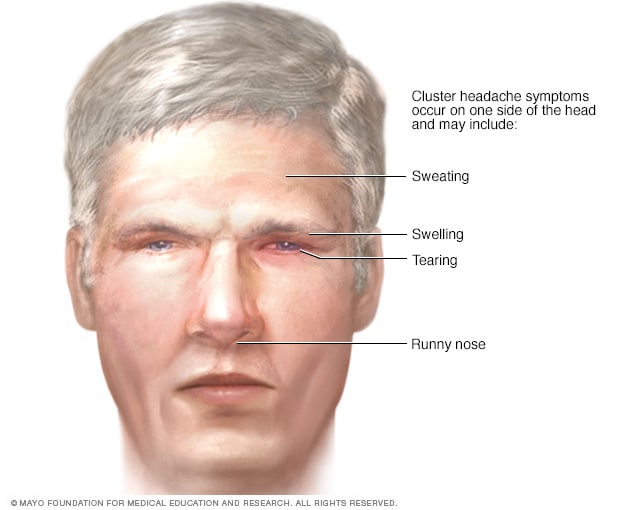
Managing and Preventing Cluster Headaches
Effective management and prevention of cluster headaches are key to improving quality of life for sufferers. While not all cluster headaches can be prevented, certain strategies can reduce their frequency and severity.
- Lifestyle Modifications: Avoiding alcohol, tobacco, and high-altitude locations can help prevent cluster headache triggers.
- Regular Sleep Patterns: Maintaining a consistent sleep schedule can help reduce the frequency of headache clusters.
- Stress Management: Techniques such as yoga, meditation, and exercise can reduce stress, which may trigger cluster headaches.
- Medication Compliance: Adhering to prescribed preventive medications can significantly reduce the occurrence of cluster headaches.
- Environmental Control: Avoiding strong odors and bright lights can help prevent headaches in sensitive individuals.
- Regular Medical Reviews: Regular check-ups with a healthcare provider can ensure that treatment plans remain effective and are adjusted as needed.
- Educational Resources and Support Groups: Accessing educational materials and support groups can provide valuable information and emotional support to sufferers and their families.
While managing cluster headaches can be challenging, adopting these strategies can help lessen their impact and improve overall well-being.
Cluster headaches - BBC News
\"Discover the ultimate guide to managing cluster headaches like never before! Watch our informative video that provides expert insights, effective treatment options, and essential tips to alleviate the excruciating pain. Take control of your life again!\"
Cluster Headaches Fact Sheet
\"Get ready to enrich your knowledge with our enlightening fact sheet video! With all the essential information and fascinating details presented in an engaging format, you\'ll become an expert on the topic in no time. Unlock a world of knowledge and broaden your horizons!\"
When to See a Doctor
Seeking medical advice is crucial for those experiencing or suspecting cluster headaches. Early diagnosis and treatment can greatly improve quality of life. Here are key indicators that it"s time to consult a healthcare professional.
- First-Time Headache: If you experience a severe headache unlike any other you"ve had before, especially if it"s accompanied by other symptoms like facial drooping, changes in vision, or muscle weakness.
- Increasing Frequency or Severity: A noticeable increase in the frequency or severity of headaches warrants a doctor"s visit.
- Changes in Headache Patterns: Any significant change in the pattern of your headaches, including the time of day they occur or their duration, should be evaluated.
- Unresponsive to Over-the-Counter Medication: Headaches that do not respond to standard pain relief medications need medical attention.
- Accompanied by Other Symptoms: Headaches accompanied by symptoms such as nausea, vomiting, or visual disturbances should be assessed by a professional.
- Impact on Daily Life: If headaches are impacting your ability to work, sleep, or engage in daily activities, it"s important to seek help.
Consulting a doctor can lead to a proper diagnosis and a tailored treatment plan, helping to manage symptoms and improve your overall well-being.

Living with Cluster Headaches: Patient Stories and Support Resources
Living with cluster headaches can be challenging, but sharing experiences and accessing the right resources can provide comfort and practical help. Here"s how individuals and communities come together to support one another.
- Personal Stories: Reading or listening to personal stories from those who live with cluster headaches can offer insights into coping mechanisms and encourage those newly diagnosed.
- Online Forums and Support Groups: Online communities provide a platform to ask questions, share tips, and receive emotional support from people who understand what you"re going through.
- Educational Materials: Access to reliable, up-to-date information about cluster headaches helps patients and their families understand the condition better.
- Advocacy and Awareness Campaigns: Participating in or supporting these campaigns can help increase public understanding of cluster headaches, potentially leading to better research funding and treatment options.
- Lifestyle Tips: Practical advice on managing triggers, stress, and maintaining a healthy lifestyle can be invaluable for those with cluster headaches.
- Professional Counseling: Mental health support is crucial for dealing with the emotional and psychological impact of chronic pain.
Building a support network, whether through personal connections, healthcare professionals, or online communities, can make a significant difference in managing life with cluster headaches.
Research and Future Directions in Cluster Headache Treatment
The landscape of cluster headache research is dynamic and promising, with ongoing studies aimed at understanding the condition better and finding more effective treatments. Here"s an overview of current trends and future directions in the field.
- Genetic Research: Investigations into the genetic factors that may predispose individuals to cluster headaches, with the aim of developing personalized treatment plans.
- Neurostimulation Techniques: Advanced studies on neuromodulation methods, such as occipital nerve stimulation and deep brain stimulation, offering hope for those who do not respond to traditional treatments.
- New Medications: The development of new pharmacological treatments that target specific pathways involved in cluster headaches, including peptides and monoclonal antibodies.
- Lifestyle and Holistic Approaches: Research into the impact of diet, exercise, and stress management on the frequency and intensity of cluster headache attacks.
- Clinical Trials: Ongoing clinical trials are testing the efficacy and safety of emerging treatments, providing critical data to guide future therapeutic strategies.
- International Collaboration: Global research initiatives that facilitate sharing of data and resources among scientists, aiming to accelerate the pace of discovery.
The future of cluster headache treatment is bright, with research focused on improving the lives of those affected through innovative therapies and a deeper understanding of the condition.
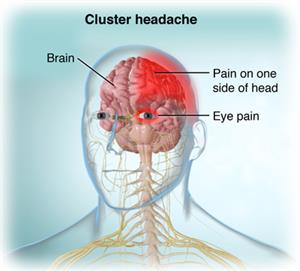
READ MORE:
FAQs: Common Questions About Cluster Headaches Answered
- What causes cluster headaches? The exact cause is unknown, but it"s believed to involve the hypothalamus and can be triggered by alcohol, tobacco, and certain medications.
- How do I know if I have cluster headaches? Key symptoms include severe, unilateral pain around the eye or temple, often with redness or tearing of the eye, nasal congestion, and restlessness during an attack.
- Are cluster headaches common? They are rare, affecting less than 1% of the population, and are more prevalent in men than women.
- Can cluster headaches be cured? There is no cure, but treatments are available that can reduce the severity and frequency of attacks.
- How are cluster headaches treated? Treatments include oxygen therapy, triptans, preventive medications, and in some cases, neurostimulation techniques.
- Can lifestyle changes help manage cluster headaches? Yes, avoiding triggers such as alcohol and maintaining a regular sleep schedule can help prevent attacks.
- Should I see a doctor for cluster headaches? Yes, seeing a doctor is crucial for an accurate diagnosis and to develop an effective treatment plan.
These FAQs provide a basic overview of cluster headaches, aiming to demystify the condition and encourage those affected to seek professional care.
Embracing the journey with cluster headaches requires courage and resilience. Armed with knowledge, support, and effective treatments, those affected can navigate the challenges and lead fulfilling lives.
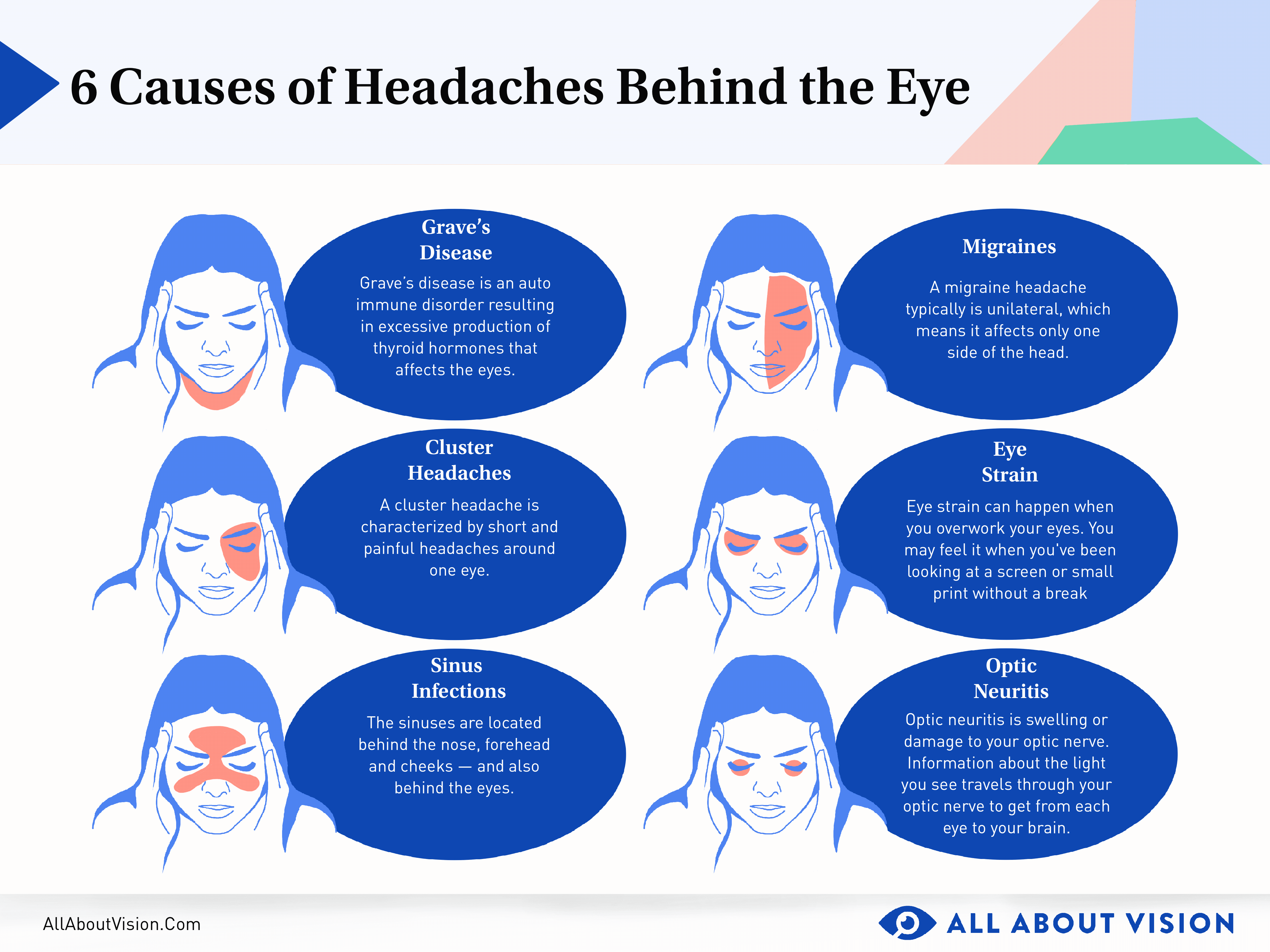



:max_bytes(150000):strip_icc()/headaches-as-a-symptom-of-multiple-sclerosis-2440798-01-ac13321fbd2d4dca99f899a63b8ea265.png)


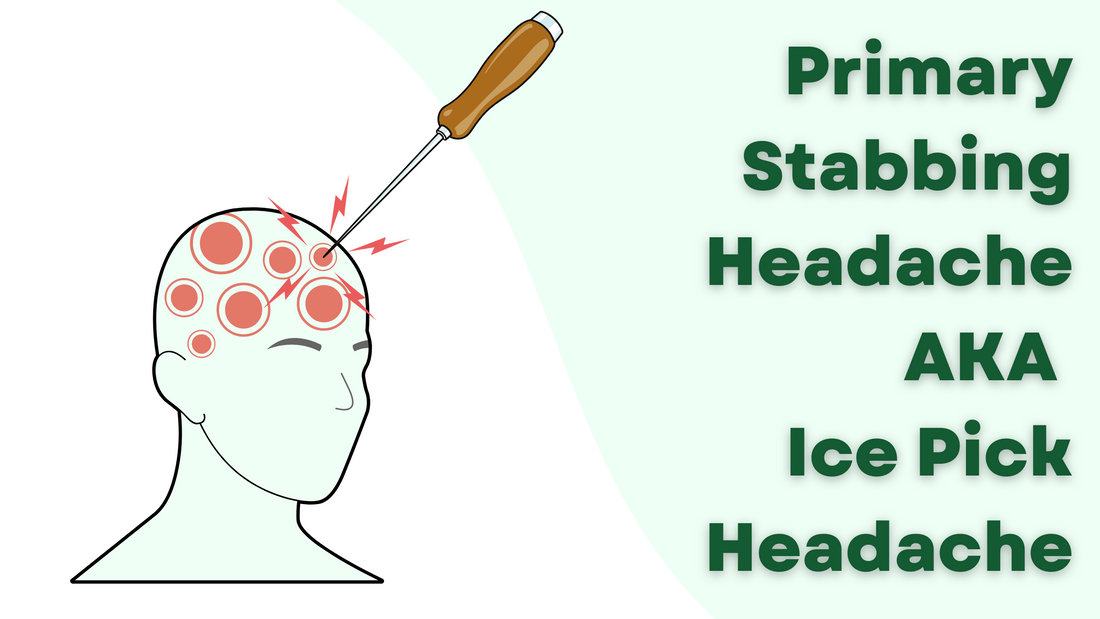

:max_bytes(150000):strip_icc()/Health-dehydration-symptoms-7480908-Horiz-e2500f0828b746ee9d2e2b5257af60cb.jpg)
